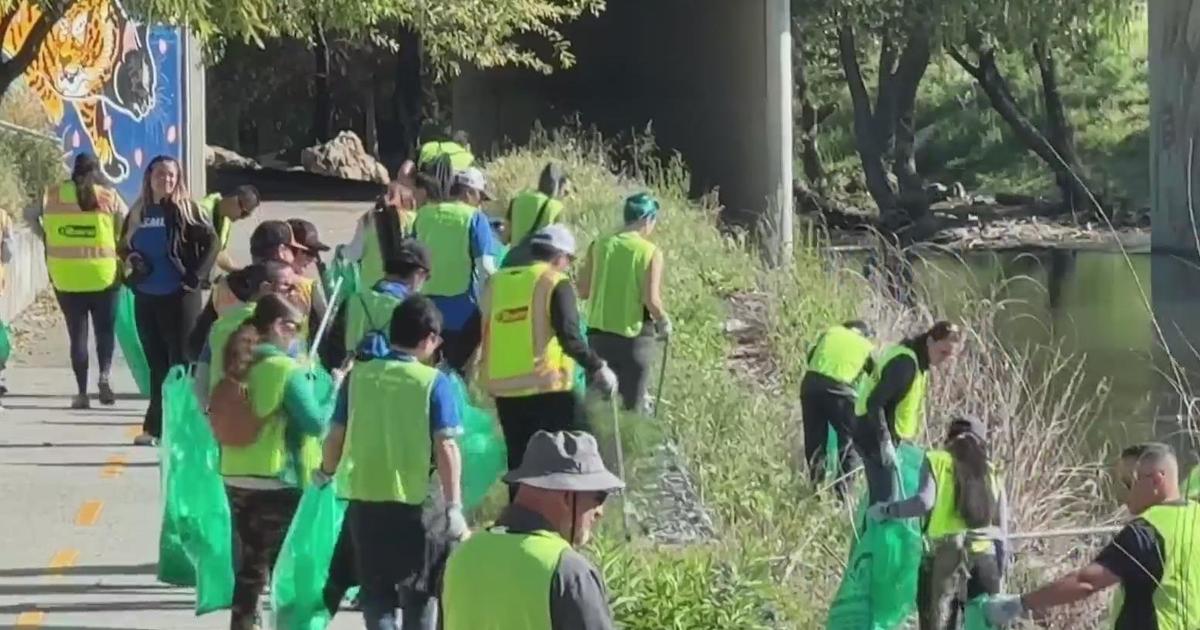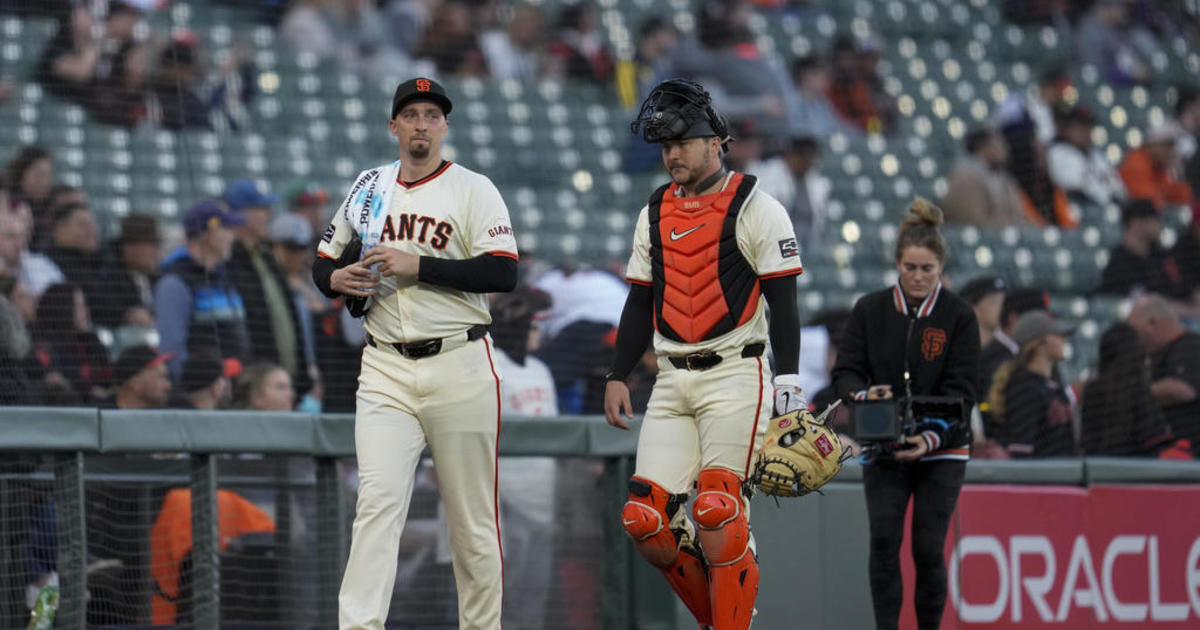Some San Jose Neighbors Tired of Mess Left By Migrating Cliff Swallows
SAN JOSE (KPIX) -- The swallows have returned to San Jose's Communications Hill neighborhood, but some residents tell KPIX the birds are no longer welcome.
"The bird droppings and the dead birds are just really disgusting," said
neighbor Isabel Sarkis, who is tired of the hundreds of cliff swallows that have chosen her condo walls and eaves to build their nests.
At first, she was thrilled to see them up close from her third-story window.
"That's where they are. They're kind of cute. It's like National Geographic," Sarkis said as she spied the birds up close.
But she says the cuteness wore off when bird droppings started piling up on her driveway and lighting fixtures.
Then many of the young started dying, creating bird graveyards on the ground and the roof next to her bedroom where she can't leave the windows open anymore.
"It's piling up. With the heat coming, the birds are rotting. I only have one window. I've definitely had sleepless nights over this. It's really disturbing," Sarkis said.
Another neighbor, Denis Cajina, said he can't keep up with cleaning after the birds. He is also worried there could be health risks with a newborn at home.
"I'm very worried about the exposure that small children can have to these dead animals laying everywhere," said Cajina.
Sarkis complained and a crew from her neighborhood association came to clean up droppings and dead bodies from the roof.
But they can't do anything about the nests under the century-old Migratory Bird Treaty Act.
"They are fully protected. So once they start building their nests, that cannot be interrupted and the nests cannot be removed," said Mathew Dodder of the Santa Clara Valley Audubon Society.
Every year, the swallows fly up from as far away as Argentina to make their nests here and hatch their young. Under the law, the nests can only be removed after September when the birds fly back down south.
But the birds do have benefits to humans.
"They're insatiable insectivores. They should be happy they have a colony of swallows there eating up the insects. They love mosquitos," Dodder said.
No one knows why the birds are dying. The Audubon Society says it could be a lack of food or water or there could be predators.
Whatever the case, Sarkis is dreading the next few months of living with a problem she can't do anything about.
"We seem to be not protected, as humans. I don't get that part. At all," she said.



